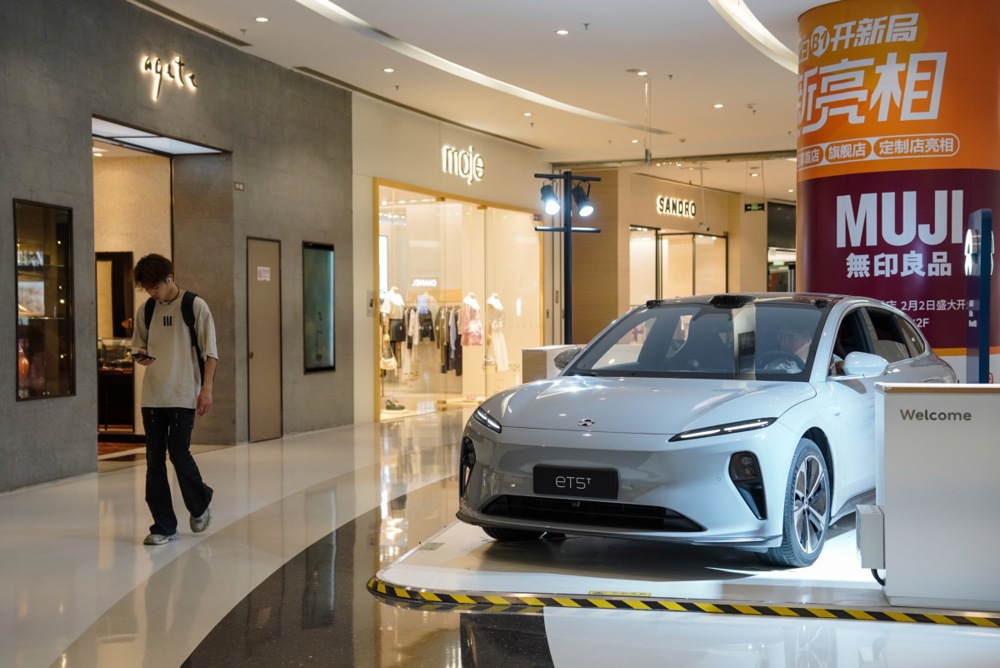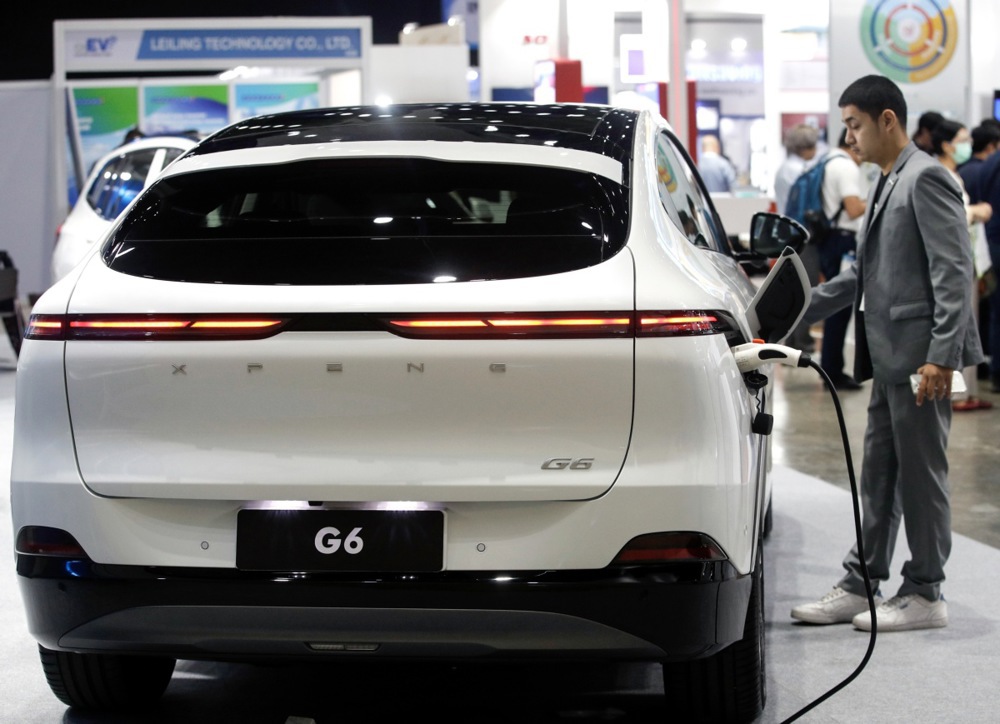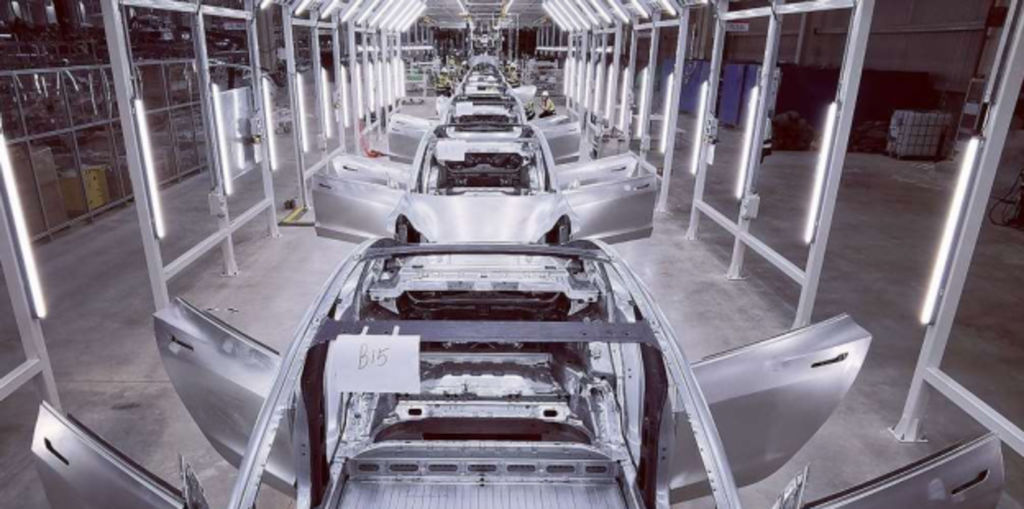Luca de Meo, head of the Renault group, has said he fears European car manufacturers will suffer under stricter emissions rules for new cars imposed by the European Commission.
His warning came amid alarm bells over a shrinking European vehicle market, together with strong competition from Asia, which together are seen as forming a perilous situation.
Starting from 2025, the European Union will introduce tough emission restrictions on new vehicles which will only be allowed to emit 93.6 grams of CO2 per km, instead of the current 116 grams per km.
European carmakers, which are already facing a sharp decline in sales, are likely to struggle to meet the European targets.
The fines imposed by the EC may cripple European companies that fall foul of the regulations, it is reported.
“According to our calculations, if electricity remains at today’s level, the European industry may have to pay a fine of €15 billion or give up the production of more than 2.5 million” car units, Luca de Meo, CEO of Renault, said during a radio interview on France Inter.
Under current rules, he pointed out: “If you renounce the production of an electric car, [EV] you also lose the right to produce four cars with a combustion engine.
“Everyone talks about 2035, 10 years from now, but we should better talk about 2025 because by then we’re already in trouble.
“If the situation continues as it is, and given its connection to many factors, the infrastructure — such as the installation of charging stations — is not where it needs to be. Things need to accelerate by seven or eightfold,” de Meo said.
Le sabotage de l’industrie automobile par nos élites européennes expliqué en 40s par @LucaDe_Meo : pic.twitter.com/Ho8C1WhXQu
— Mich33bm ? ☢️ (@MichelBM33) September 8, 2024
The CEO of Renault noted that, in many countries, electricity prices are linked to those of gas and the latter has gone up, also harming the EV market.
He wants the EC to be “flexible” and take into account what he called “correction mechanisms”.
“Simply issuing fines and deadlines without any flexibility is very dangerous,” de Meo said.
He added that in the past 25 years, European car manufacturing had seen an overcapacity of 30 per cent, making the situation “very complicated”.
De Meo also pointed out that relatively recently, Renault in France faced severe difficulties and major investments were made in struggling sites, making them top-of-the-line factories. “If things go wrong there, that makes us worry,” he said.
Governments needed to deliver on their promises and help the industry reach the goals they imposed on manufacturers, de Meo said.
“We need stability, visibility” and “a certain coherence,” he said.
He also warned that, while people should stop targeting EV’s — because that could “block progress” — electric vehicles would not offer a magical solution that fixed everything, although they would be an essential part of the car industry’s future.
Despite carmakers having invested around €250 billion in electrification, European consumers do not appear enthusiastic about European EVs, mainly due to their relatively high prices and their limited capacity.
In an interview in the German daily Bild on Seprember 8, Oliver Blume, the CEO of Volkswagen, Europe’s largest carmaker, said that the situation was “alarming” and that “major changes are needed”.
Because fewer cars are being sold in Europe, production rates are too high, and factories might have to close down, he warned.
A few days earlier, VW’s management stated that €10 billion cuts would have to be made by 2026, which will necessitate lay-offs.
The company has long upheld a policy of avoiding redundancies, relying on strong labour agreements and union co-operation, especially in Germany. Instead, the company has used alternatives such early retirement or job reassignments. Now, a loss of jobs seems inevitable.
According to VW, Europeans are buying 2 million cars per year fewer than before the COVID-19 pandemic. With it owning around one-quarter of the market, that means the group is producing around half a million cars too many, or two factories’ worth.
It is also raising prices for its combustion-engine models. Profits are dwindling, sales are dropping and the German group must also sell more EVs to meet the emission targets, it has warned.
Outside Europe, the situation seems rosier for Volkswagen. In China and South Africa, its investments have continued to rise.
It is expanding local development expertise and investing €2.5 billion in its innovation hub in Hefei, Anhui Province, China, to further increase the pace of innovation in that country.
Investments also include the production of two VW-brand vehicles being developed jointly with Chinese manufacturer XPENG.





